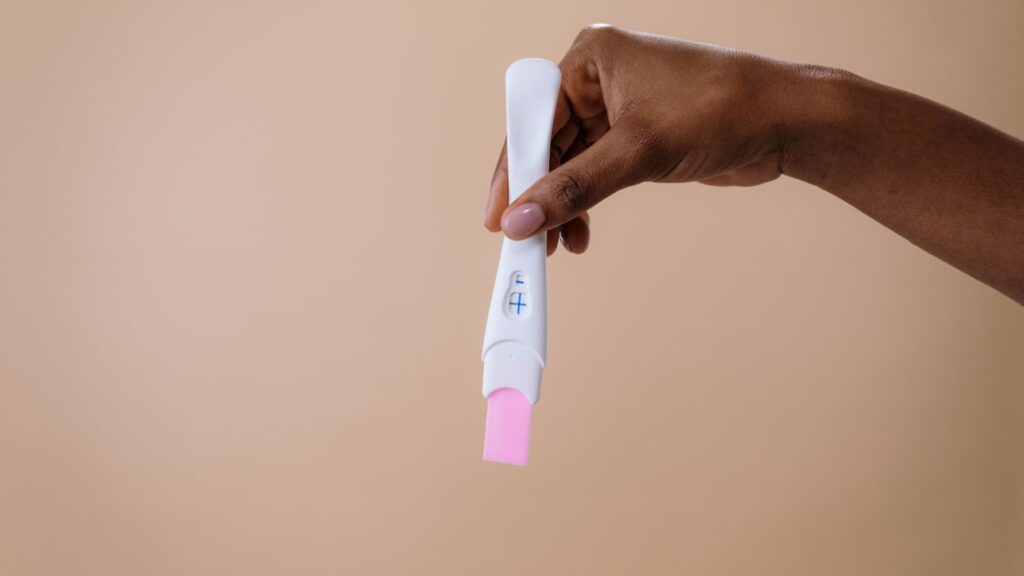During pregnancy, a woman’s body undergoes a myriad of changes, some well-known and others surprising. One such lesser-known phenomenon is pregnancy nose. It’s a term that might sound peculiar, but for many expectant mothers, it’s a very real part of the journey to motherhood.
Pregnancy nose refers to the nasal congestion and changes in the sense of smell that occur during pregnancy. It’s not often discussed in prenatal classes, yet it can have a significant impact on a woman’s daily life. This article aims to shed light on this intriguing subject, offering insights from medical professionals and sharing experiences from mothers who’ve been there. Stay tuned to learn more about this fascinating aspect of pregnancy.
Understanding Pregnancy Nose
a pregnancy nose refers to nasal issues women experience during pregnancy. It’s a common yet less-discussed part of the pregnancy journey. Increased hormones and blood circulation lead to swelling in the mucous membranes in the nose, causing congestion and changes in smell.
Causes of Pregnancy Nose
Primarily, two main factors contribute to pregnancy nose: hormonal changes and increased blood flow. As pregnancy advances, levels of oestrogen and progesterone rise, causing a surplus of blood in the body. Consequently, this increased blood flow can cause swelling in the nasal passages, leading to congestion. Moreover, elevated hormone levels can alter the sense of smell, making certain odours more pronounced.
Symptoms of Pregnancy Nose
Women with pregnancy noses experience various symptoms. These include, among others, a stuffy or runny nose without having a cold or allergy, and heightened sensitivity to certain smells. Some women also notice a change in the sense of taste, linked to alterations in their sense of smell.
Duration of Pregnancy Nose
Concerning the duration, the nose tends to last as long as the pregnancy does. It’s most noticeable during the first trimester when hormonal changes are at their peak. Generally, symptoms subside after childbirth, as hormone levels return to normal. However, for some women, symptoms may persist for a few weeks postpartum before completely dissipating.

Symptoms of Pregnancy Nose
Distinguishing signs of pregnancy nose encompass a variety of phenomenons. An augmented sense of smell is one noticeable feature; scents previously regarded as normal may suddenly seem overpowering. For example, the aroma of brewing coffee could become unbearable to a pregnant woman experiencing a pregnancy nose.
Nasal congestion, too, forms part of these symptoms. Pregnant women might observe an uptick in stuffiness, regardless of a lack of cold or allergies. Increased blood flow and hormonal shifts account for this unusual stuffiness. This, in turn, might result in frequent sneezing – a clear sign of pregnancy nose.
Nosebleeds take a spot in the list of symptoms, although they occur less frequently than the aforementioned symptoms. These nosebleeds, even slight, can be attributed to blood vessels in the nose becoming inflamed due to enhanced blood circulation during pregnancy. Moreover, headaches, caused by increased blood flow and chronic stuffiness, are an inevitable consequence of pregnancy nose.
Lastly, dry nose, another symptom, offsets the common perception that pregnancy nose solely results in increased nasal moisture due to congestion. Pregnant women can face parched nasal passages, amplifying their discomfort.

Dealing With Pregnancy Nose
Handling pregnancy nose proves effective when the appropriate strategies take effect. Natural remedies stand out as the safest options. They pose minimal risks to both the expectant mother and the developing foetus.
First, hydrating optimally becomes integral. Drinking around eight glasses of water daily mitigates dryness in the nasal passages, reducing the recurrence of nosebleeds–a frequent symptom of pregnancy.
Second, the utilisation of a humidifier amplifies the benefits of hydration. This device increases the humidity level in the room, combating a dry nose, particularly during sleep. Here, the expectant mother breathes easier, and the chances of nosebleeds decrease.
Also, saline sprays offer quick relief. Prepared from salt and sterilised water, these sprays alleviate nasal congestion. Although they’re generally safe, expectant mothers reap more benefits when they select pharmaceutical-grade options under professional guidance.
Moreover, caution surrounding allergens becomes paramount. Common allergens such as dust, smoke, and pet dander trigger nasal congestion. A pregnant woman finds relief when she maintains a clean environment and avoids potential triggers whenever practical.


